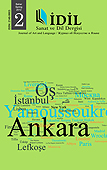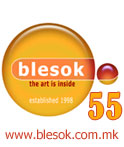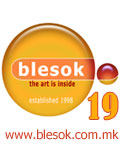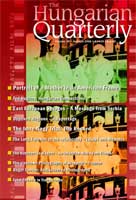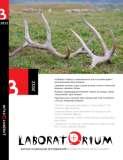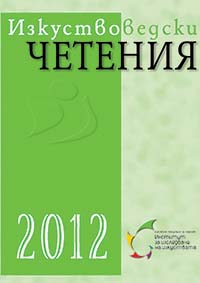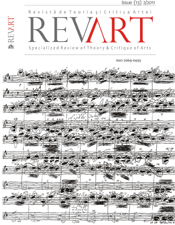
THE MODAL-FOLKLORIC AND THE NEOBAROQUE TYPOLOGIES: CONCERTO FOR STRING ORCHESTRA (NO.1) BY SIGISMUND TODUŢĂ
An identification of the genres covered by the works of Sigismund Toduţă is illustrative in order to prove its area: from vocal, choral, vocal-symphonic and theatrical works, up to the symphonic and chamber areas. Nevertheless, one of the most widely spread genres of the time, the string quartet, seems not to represent the thinking of the composer from Cluj.
More...
